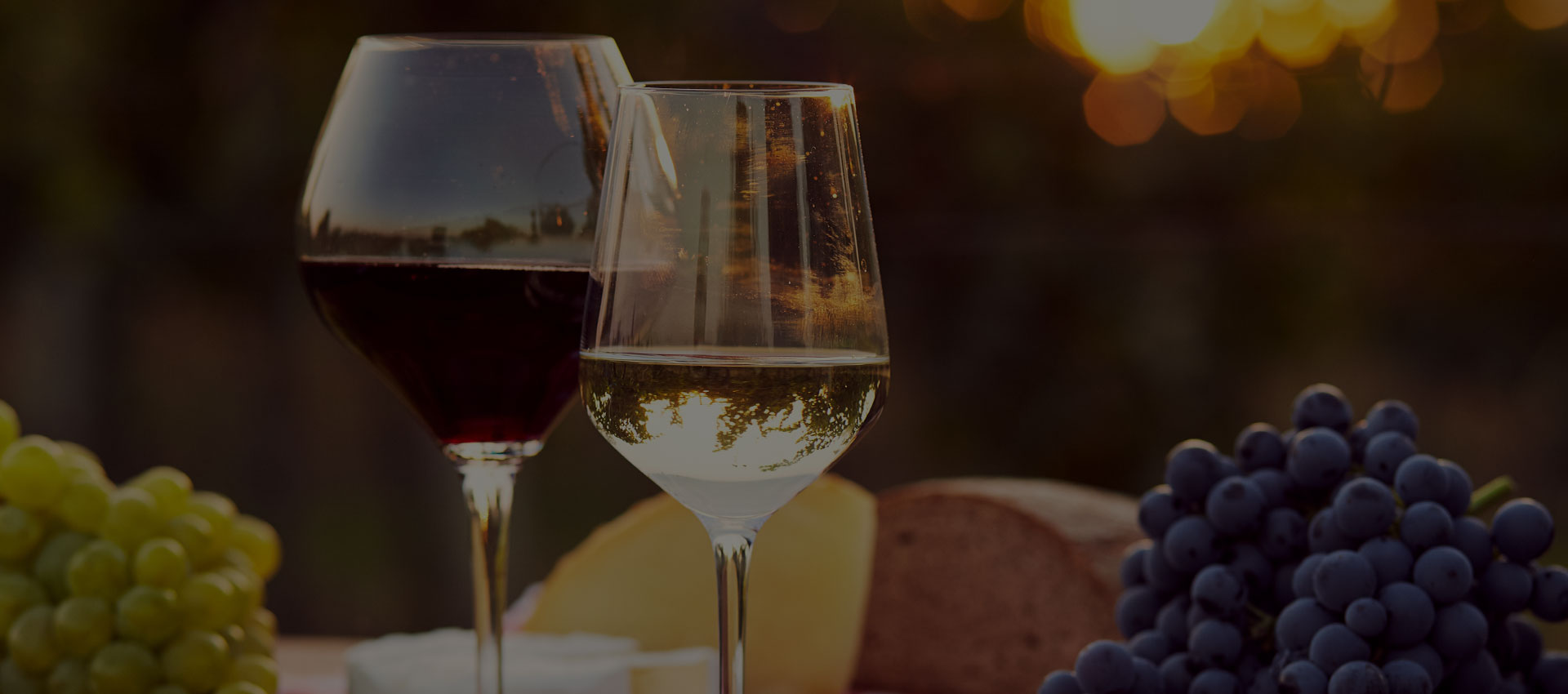
FARMING, without toxic pesticides
Unlike the 2-4% growth of conventional produce, demand for organic produce grows 17-21% in Maryland each year!
Go Organic partners Maryland Organic Food & Farming Association, Fair Farms Maryland, Smart on Pesticides Campaign’s Agricultural Workgroup and Maryland Pesticide Education Network provide resources for farmers.
Helpful tools for moving toward organic growing and more conscious, sustainable practices.
Starting with Soil

Understanding “Healthy Soil” and its Benefits
The scientifically sound practices and prinicples
by Cleo Braver, Cottingham Farm & Md. Pesticide Education Network
Soil is the basis of life on earth. Its fecundity determines whether a plant grows, a farmer’s yield, the nutritional content of our food, whether heavy rains cause flooding or are held in the soil for times of drought, and whether we are using the earth’s most effective means to sequester carbon and halt climate change.
Farmers who use healthy soil practices can produce economically and environmentally sustainable healthy food, while sequestering carbon.
Organic Farming a Powerful Solution for Climate Change
Study reveals organic’s huge potential in capturing carbon. Read it.
Organic Farming Reduces Nitrogen Pollution
A new study by University of Virginia and The Organic Center
Regenerative Organic Agriculture
Principles of the next evolution of “organic”
Learn more at the website of The Regenerative Organic Alliance
Sustainable Farming Practices

Reducing the Damage of Pesticides
by Pesticides & the Chesapeake Bay Watershed Project’s Agriculture Workgroup
Conventional agriculture practices create dependencies on heavy uses of chemical pesticides. These are costly to the farmer, to pollinators, the environment and to public health.
Cover Cropping to Protect Pollinators
Using inexpensive alternative approaches to cover cropping, Maryland farmers can make an important contribution to protecting bees and other pollinators.
Impact of Pollinator Die-off on Maryland Produce Farmers
The importance and threat to food production.
What Farmers Need to Know About Neonicotinoid Pesticides
Farmers play an important role in helping protect the bee populations, which we all rely on for our food.
Safer Alternatives

The New Era of “Biorational” Pesticides
Safe alternatives and practices are readily available, along with free science-based advice.
Biorational and low hazard products for managing insect pests
Pesticides vary in their toxicity and in their potential to cause undesirable ecological impacts. Pest control materials that are effective on the target pest, yet relatively non-toxic with few ecological side-effects are sometimes called “biorational” pesticides; the EPA uses the term biorational and “bioinsecticides” interchangeably. The major categories of biorational pesticides include botanicals, microbials, minerals, and synthetic materials. Some, but not all, bio-rationals qualify for use on organic farms.
This biorational industry has advanced rapidly in the last 10 years, now at $700 million annually, and it is expected to continue growing by 20% over the next 5 years.
Rutgers and Purdue Universities IR-4 Project
Since 1963, the IR-4 Project has been a major resource for supplying pest management tools for specialty crop growers by developing research data to support new EPA tolerances and labeled product uses.
Access the IR-4 Project database to query for biorational pest management options.
PRI Product Evaluator is a web database with mobile app that helps users identify insects and find low toxicity products to control them, by Pesticide Research Institute.